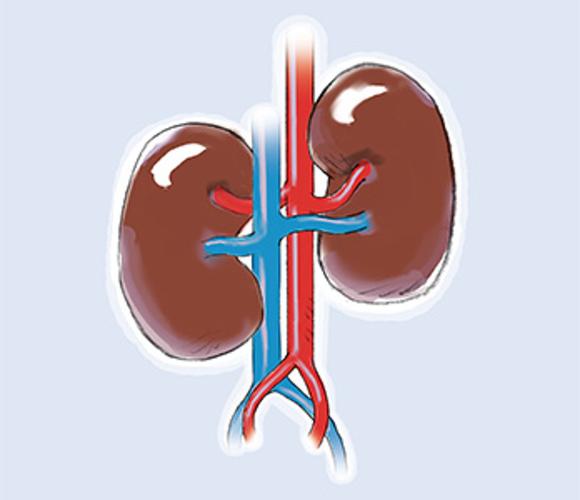Do you know coffee on an empty stomach can reduce appetite, cause rapid heartbeat, and lower intelligence? Check below to know more.
The Impact on Acid Levels
Drinking coffee when you’ve fasted overnight can increase stomach acidity. This rise in acid levels can cause discomfort, especially for those with a sensitive stomach or existing gastrointestinal issues. The increased acidity may lead to heartburn or acid reflux in some individuals.
Effects on Digestive Health
For individuals with a predisposition to digestive problems, coffee can stimulate the production of stomach acid and gastrin, potentially exacerbating conditions like gastritis or peptic ulcers. However, for others, the impact may be negligible, allowing them to enjoy coffee without adverse effects.
The Link to Nutrient Absorption
Some studies suggest that caffeine can interfere with the absorption of certain nutrients, particularly when consumed on an empty stomach. The diuretic effect of coffee may also contribute to a loss of essential minerals like calcium and potassium if consumed in excess.
The Effect on Blood Sugar Levels
Drinking coffee on an empty stomach can cause a spike in blood sugar levels, particularly for those sensitive to caffeine. This sudden increase can lead to a subsequent energy crash, affecting mood and energy levels throughout the day.
Heart Health Considerations
Caffeine is known to temporarily increase heart rate and blood pressure. Drinking coffee on an empty stomach may intensify these effects. While generally not harmful for healthy individuals, those with cardiovascular conditions should be cautious.
Impact on Appetite and Eating Habits
Interestingly, coffee can suppress appetite for some people, which might be beneficial for those looking to control their food intake. However, it can also lead to irritability and poor concentration if it disrupts your regular eating patterns.
Individual Tolerance and Metabolism
The effects of drinking coffee on an empty stomach can vary widely from person to person. Factors such as individual caffeine metabolism, tolerance levels, and overall health play a significant role in determining how your body reacts.
Alternatives and Moderation
If you’re concerned about the effects of coffee on an empty stomach, consider alternatives like herbal teas or decaffeinated coffee. Moderation is key; starting your day with a smaller cup of coffee or pairing it with a light snack can mitigate potential issues.
Conclusion: Navigating Coffee Consumption
The potential harm of drinking coffee on an empty stomach largely depends on individual factors and health conditions. While it may cause discomfort for some, others may enjoy it without issue. Listening to your body and adjusting your coffee habits accordingly can help you start your day on the right note.




